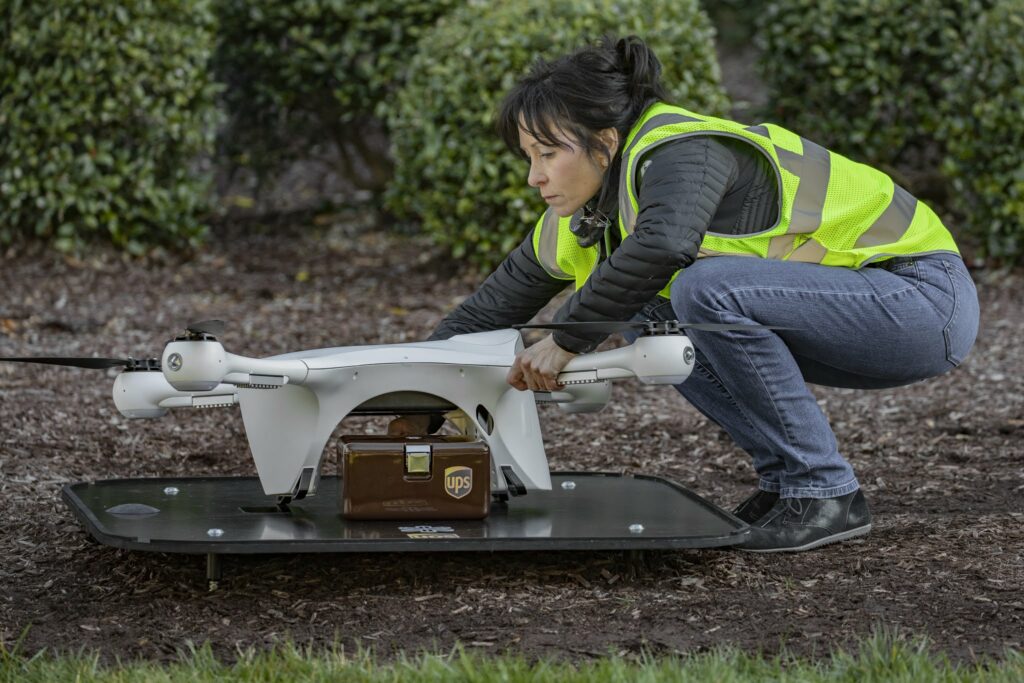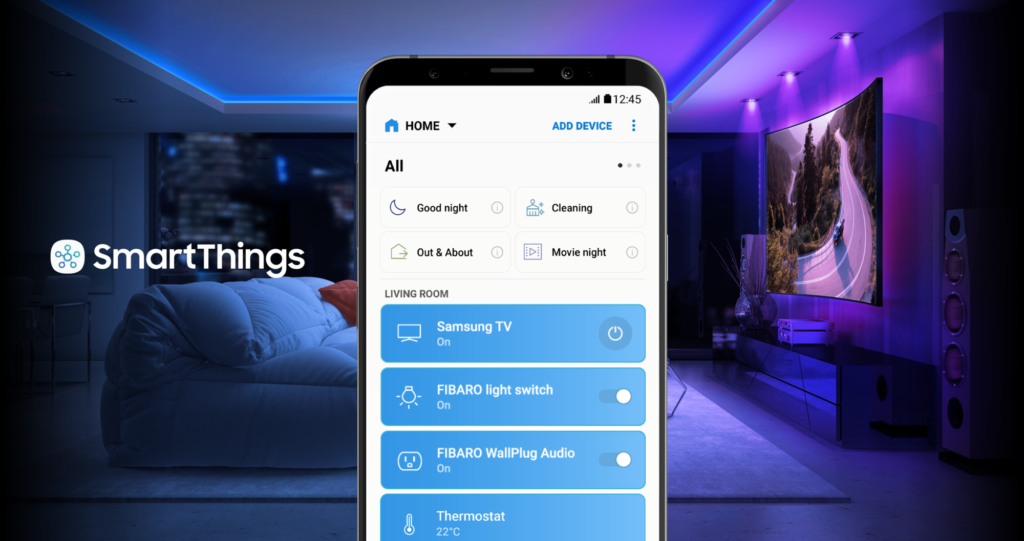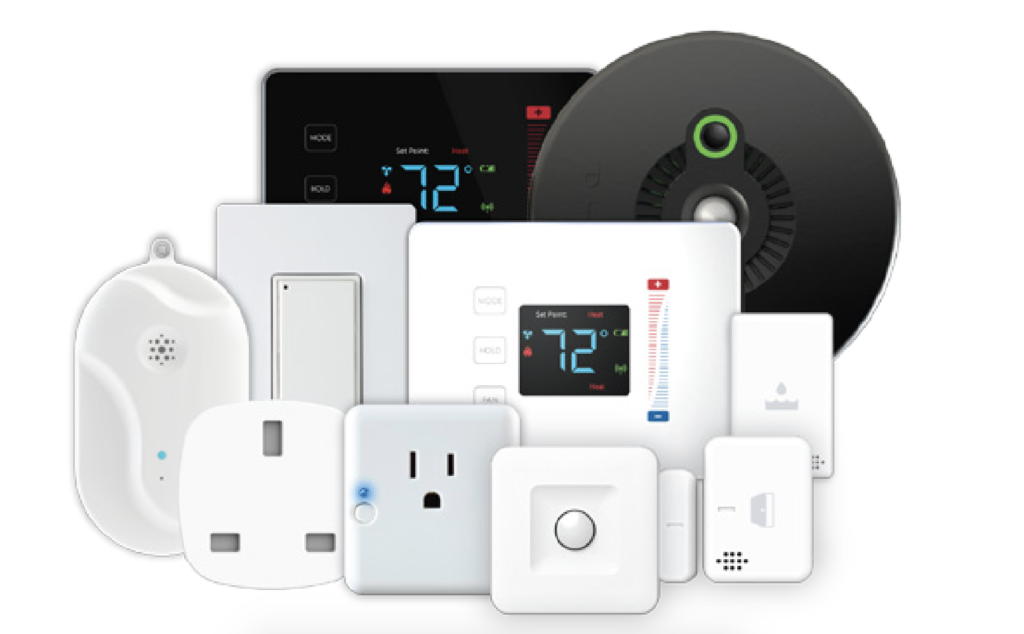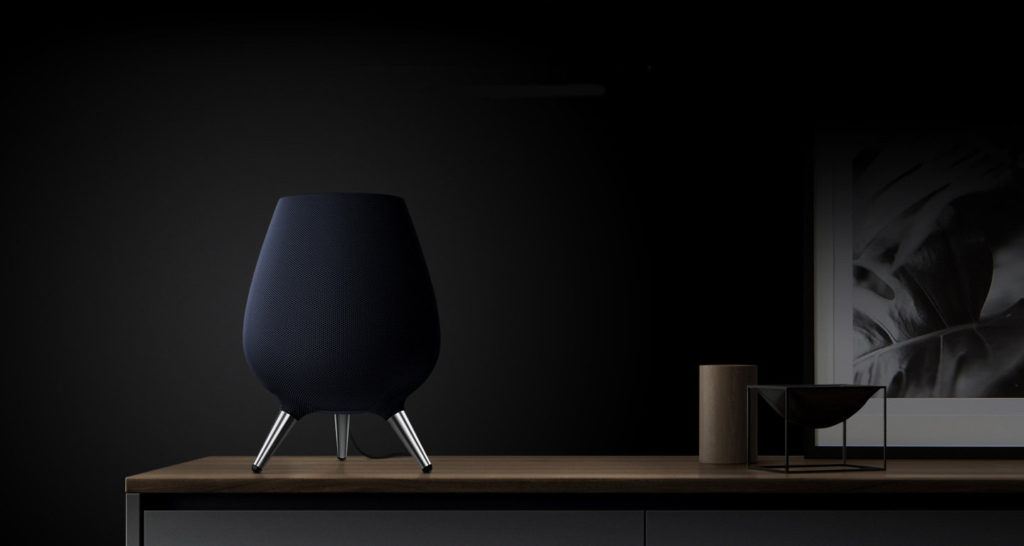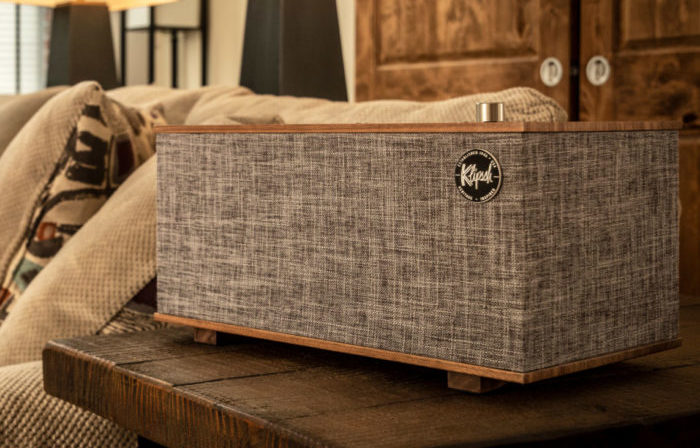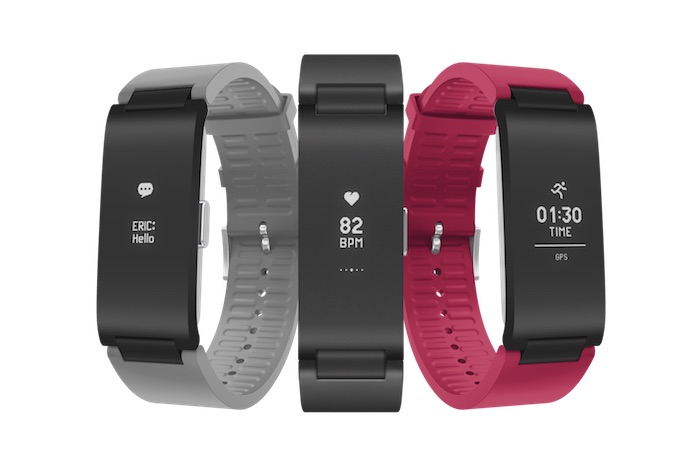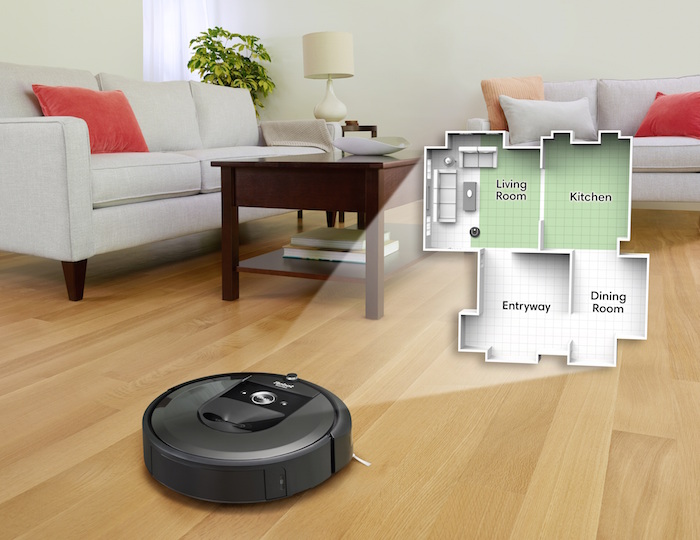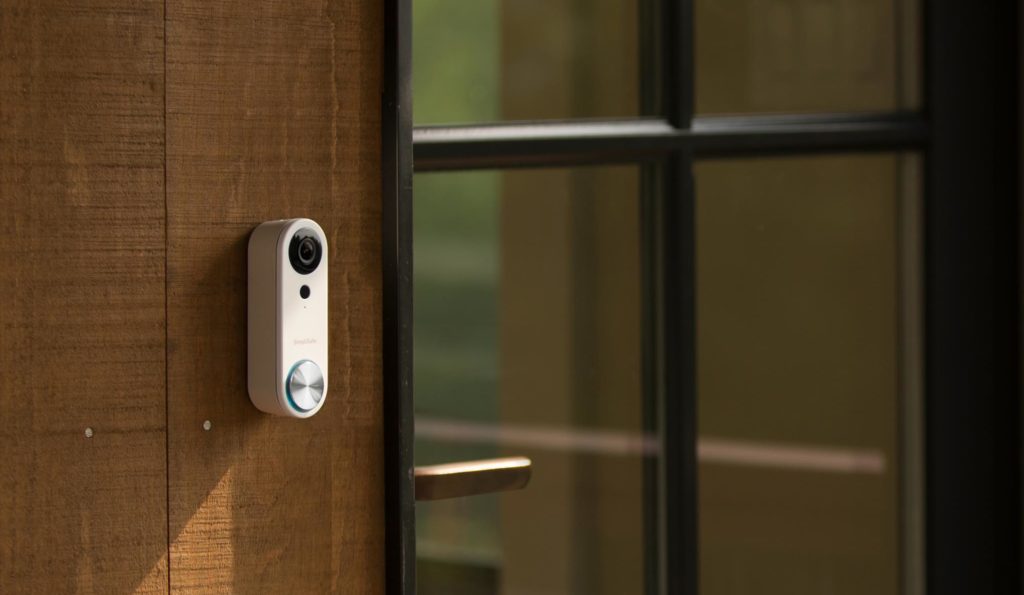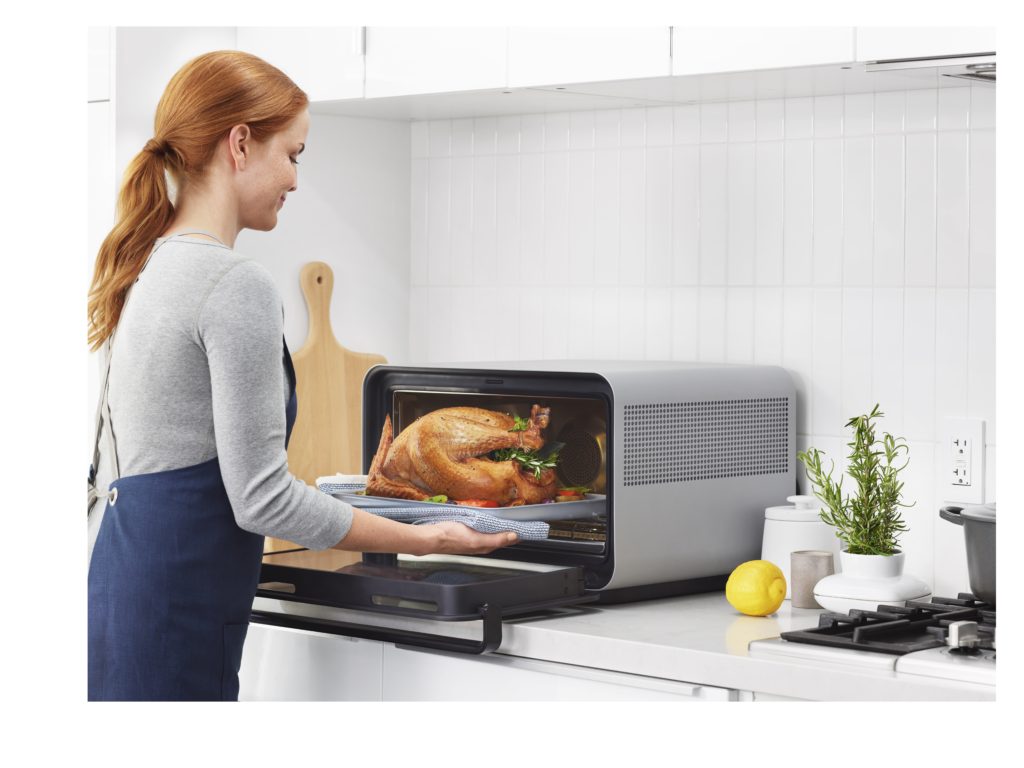This week’s show focuses on the tremendous amount of industrial IoT news coming out of the Hannover Messe event held in Germany. We cover Microsoft and BMW’s Open Manufacturing Platform and the similarly named Open Industry 4.0 Alliance as well as the prevalence of 5G news at the show. After explaining what is going on in the industrial world, Kevin and I discuss a patent for silencing drones from Amazon, news on Google’s shopping partnership extension with Wal-Mart, and a new Google Hub. Kevin also shares his scoop on Google’s new Mistral board. We then discuss surveillance in smart cities before revisiting our answer from last week’s voicemail to add more ways to connect your smart blinds to Alexa.
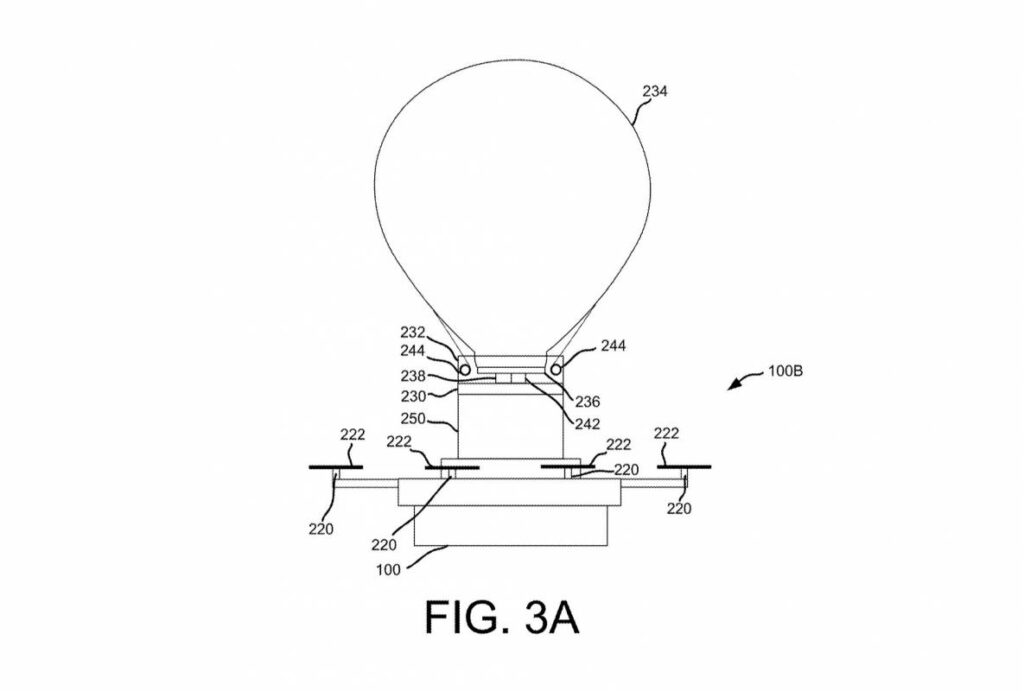
This week our guest is Keith Kirkland, CEO of Wearworks, which makes a product called the Wayband. The Wayband uses haptic feedback to guide visually-impaired people using haptic feedback. Kirkland explains what his team learned about building a product, the opportunities offered by haptic feedback and how other designers should think about adding haptic feedback to their devices. And all of this started because he just wanted to build a connected suit that would help him learn Kung Fu. It’s a fun interview!
Host: Stacey Higginbotham and Kevin Tofel
Guest: Keith Kirkland, CEO of Wearworks
Sponsors: Software AG and IoT World
- The IT industry digs into industrial IoT at Hannover Messe
- Why wireless matters for industrial IoT
- Kevin’s got a scoop on a possible Google device
- Waterproofing is somewhat important
- Touch isn’t the same everywhere on the body
Podcast: Play in new window | Download | Embed
Subscribe: RSS

